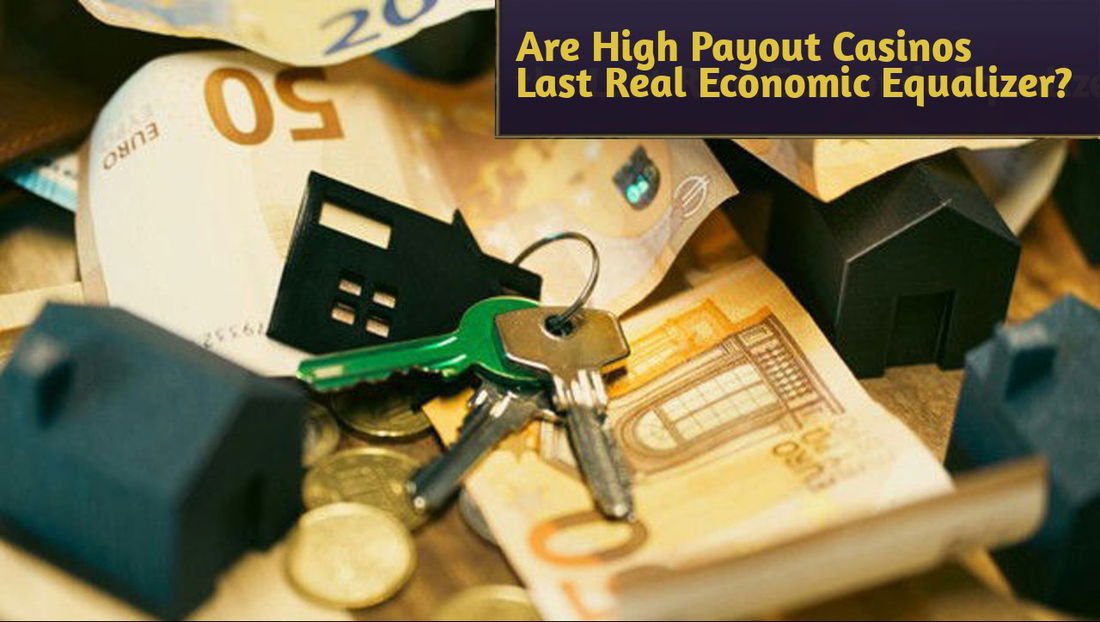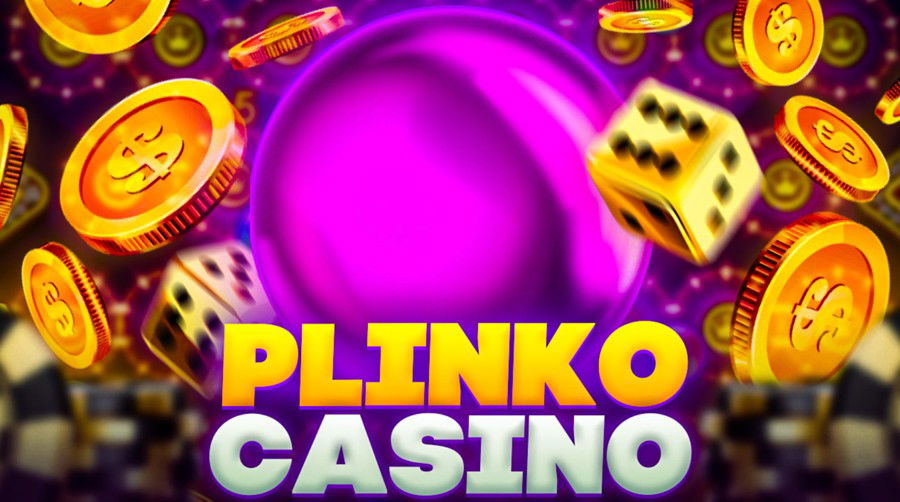If you’ve spent years building decks, counting probabilities, or perfecting your timing in a match, you’re not just a player—you’re a pattern seeker.
And when the match ends? That brain of yours doesn’t shut off. It finds the next game. The next puzzle. The next system to understand. That’s where these hobbies come in—not just as distractions but as new places to play. Especially for the card-minded among us.
Crypto as a Game of Timing, Not Luck
Crypto is not just money. Not for someone like you. It’s a logic problem. A probability tree. A game of signals, swings, and strategy. If you're even slightly crypto curious, it's worth thinking about the space not as finance, but as another kind of game—with its own meta, its own rhythm, and its own high-stakes bluffs.
To the average person, a Solana price chart is just a mess of lines. But to someone who’s spent time predicting card draws or planning turn six before turn two has finished, it reads like a battle map. Uptrends, consolidation, false breakouts—these are just different words for tempo, value, and risk.
Of course, it helps to be cautious. Terms like “staking,” “layer one,” or “smart contract” might sound like a foreign language at first, but the mechanics are familiar. You’re managing resources. Calculating returns. Protecting your position while setting up the win.
And it moves fast. The crypto world changes by the hour. But then again, so does a competitive meta. You know how to adapt. You’ve done it before. This is just a different battlefield.
Digital Collecting and the Joy of the Hunt
Ad
Card players know what it means to chase. The rare pull. The perfect foil. The last piece of a set. That same instinct shows up in all kinds of collector hobbies. Vinyl. Comics. Streetwear drops. But there’s a special flavor of it in digital spaces now—NFTs, avatar sets, in-game skins tied to real-world scarcity.
You’re not just buying a thing. You’re buying a symbol. A flex. A marker of taste and timing. And yes, some of it’s about value. But more than that, it’s about finding something that few others did. Early. Smart. Clean.
And the overlap with card gaming is real. The feeling of minting something rare echoes the same high as cracking a fresh pack and hitting gold.
RPGs for the Strategist Who Likes Story
There’s a moment in every good roleplaying game where planning meets improvisation. The map opens up. The dice clatter. And suddenly, you’re making decisions that don’t just win fights but shape the world. For card players used to strict rules and structured rounds, this kind of freedom can be liberating.
In a well-run tabletop RPG, you’re still thinking tactically—tracking abilities, reading your party, optimizing outcomes—but you’re also doing something card games rarely allow: you’re telling a story.
It’s not either-or. It’s a yes-and. And if you've ever played a control deck or engineered a combo that took five turns to go off, you’ll find the same long-game satisfaction here. You’re still outwitting the board. You’re just doing it in character.
Puzzle Brains Need Something to Solve
Ad
Card players love puzzles, even if they don’t call them that. Every match is a small mystery. Every turn is a logic gate.
So when you're between tournaments or tired of testing decks, puzzle games step in—quietly, precisely. Crossword apps. Sudoku. Mechanical puzzle boxes. Cryptic clues in ARGs. You find the rules, then find the exceptions. It’s a loop you already know.
And the reward is the same: you solved it. No luck. No shortcuts. Just clean, satisfying logic. Sometimes with a little flair.
The Pokémon Parallel
Let’s not skip over where most of us started. Pokémon wasn’t just about Pikachu or rare cards. It was about resource management. Risk-reward tradeoffs. Reading the opponent’s bench. And yes—identity.
You built a deck that said something about you. Fast. Heavy-hitting. Tricksy. Defensive. Pokémon, at its core, was always about strategy disguised as a children’s game. That’s why you stuck with it longer than most. It was never just for kids.
And even now, that same drive to build your perfect version of a team, a strategy, a plan—that doesn’t go away. It just shifts focus. Crypto. RPGs. Custom keyboards. Personal finance. It’s all the same loop, under different names.
From the Table to the Feed: How Strategy Shows Up Everywhere
Ad
The hobbies card players tend to gravitate toward have something in common: they reward attention. Detail. Pattern recognition. Patience. Whether you’re watching a market, plotting a DnD campaign, or optimizing your next big pull, you’re thinking a few steps ahead.
And increasingly, the “game” doesn’t happen in isolation. It happens online. On Discord servers where metas shift overnight. On forums dissecting balance patches. On niche subreddits where builds are tested, torn down, and rebuilt before breakfast.
You’re not just playing. You’re observing. Tuning. Waiting for the right moment to jump in.
You Were Built for This
If you’ve spent years making snap decisions with half the data, navigating swings of fortune, and finding joy in the slow mastery of a complex system—good news: you already know how to do this.
Crypto, RPGs, puzzle boxes, market charts, digital collectibles—they’re not random. They’re familiar. They speak to the part of you that wants to understand before acting. That needs to make the right play, not just the flashy one.
This isn’t about finding something new. It’s about recognizing the skills you already have—and applying them somewhere fresh.
So take a breath. Shuffle up. Pick your next move. You’ve done this before. Just in a different language.
Ad





— تعليقات
0كن أول من يعلق